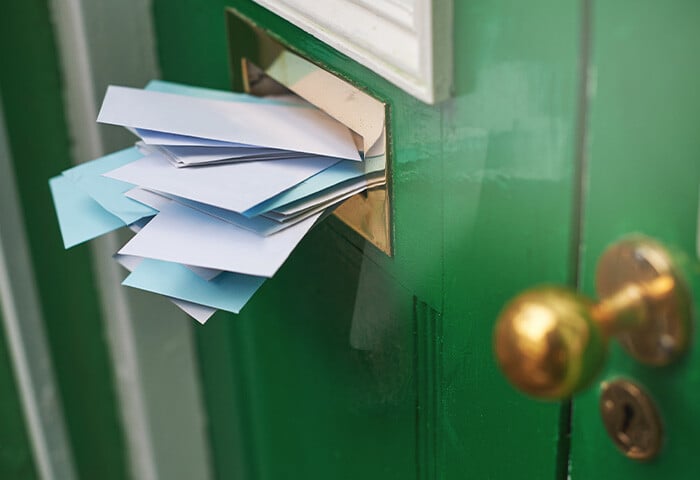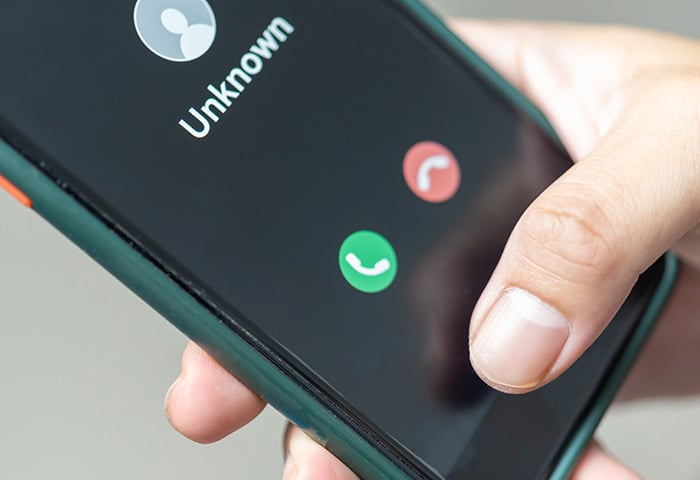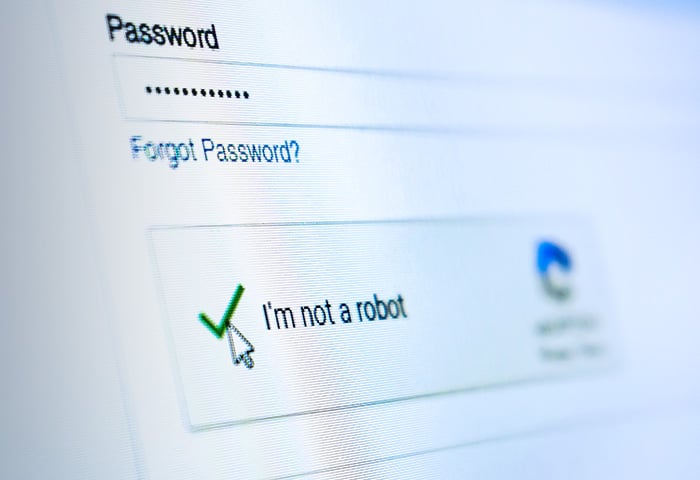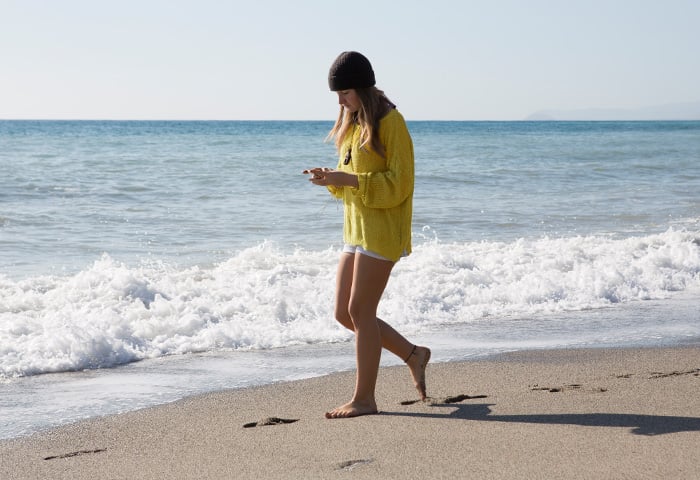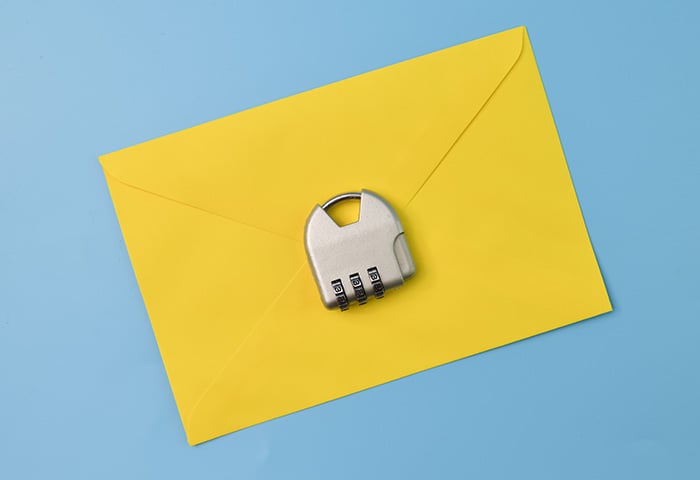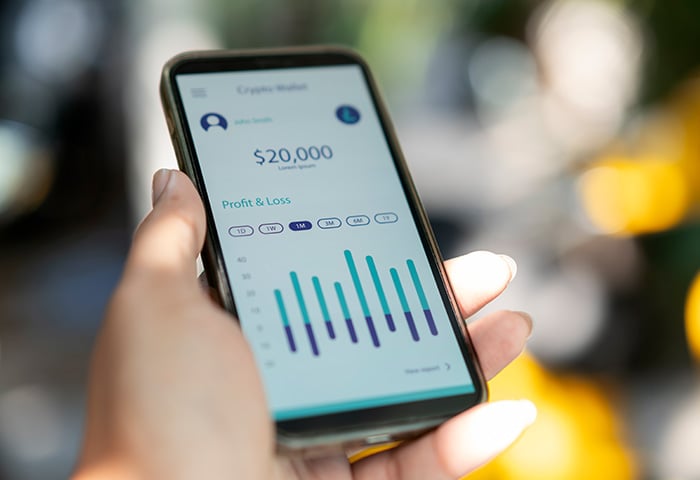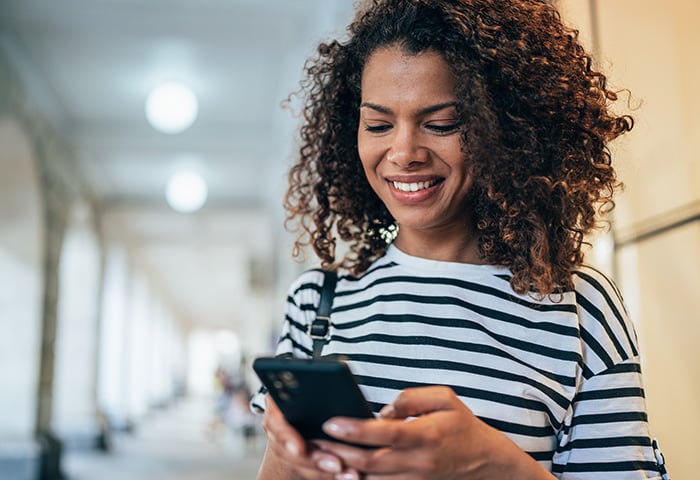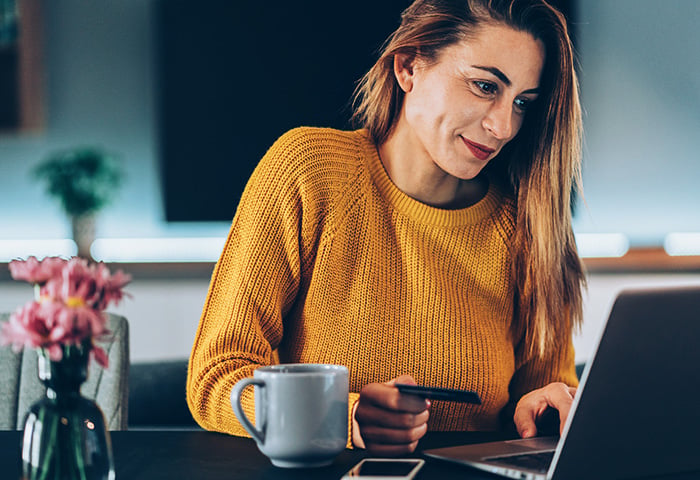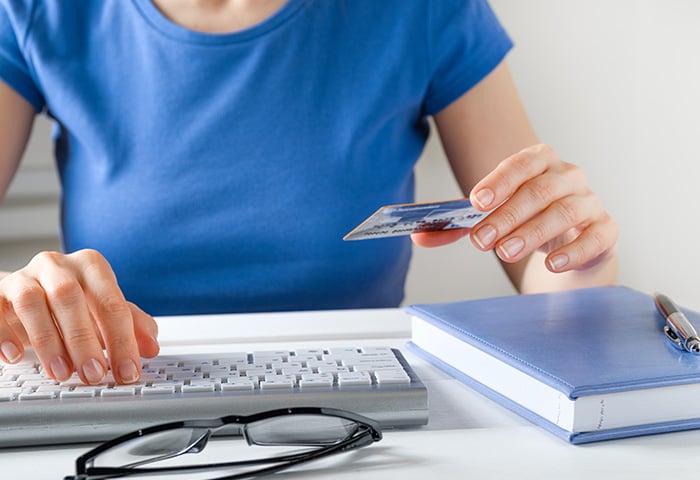So how many potential spycams do you own? Your webcam, smartphone camera, and home surveillance system can all be used to spy on you. From your crazy ex to hackers looking to capture your personal details, anyone can easily hijack your webcam and cast you as the lead actor in their own reality show.
I smell a RAT
Ever had someone fix your PC remotely? You call customer support, follow a few simple instructions, and someone at the other end of the line — and often at the other end of the world — will access your computer to fix it.
Remote administration software is quite common, but it’s not always used for good. And when it’s programmed to break into computers, we call it a Remote Access Trojan (RAT). Malware like SubSeven, Back Orifice, Poison-Ivy, ProRat — and the list goes on — are the ultimate hacking weapons. They're very popular with the world's best hacking groups.

There’s more to email security than choosing a strong password. Webcam spy software spreads through freeware, spam emails with infected attachments, or links to fake websites. Malicious executable files can be combined with legitimate software to install malware in the background, without your input or your knowledge.
Once the Trojan is on your PC, your cyber stalker can see what you do online, read messages, capture your screen and keystrokes, and take full control of your computer, including your camera. But the little green light will warn you of any suspicious webcam activity, right? Wrong. Hackers can turn them off, so you may never realize you’re being watched.
Smile, you could be on camera!
Unfortunately, the bad news doesn’t stop here. RATs can be bought online and YouTube has thousands of videos on how to use them. Schools secretly monitoring students, PC rental places spying on customers, or government agencies following your every move — from your jealous ex to creepy sextortionists, anyone can train to become a cyber spy.
Fingerprint locks aren’t as secure as you’d think, so protecting your smartphone with a strong password is a must. If they gain access to your phone, snoopers can install spying apps to view your messages, eavesdrop on calls, and see your location. And with a little more know-how, they can watch you through your phone camera, even when your screen is turned off.
As for surveillance cameras, you’d be surprised how many people don’t even bother to change their default password. Security cameras are just as vulnerable as your computer, with the added “bonus” that the footage can be streamed live on the internet, for the whole world to see. A simple search on Shodan will reveal all unprotected devices connected to the Internet of Things.
So with very little effort, cyber criminals can track down and hack into any unsecured camera in your home, to watch you and your family during your most intimate moments.
How to prevent webcam hacking
So we know that cameras can give snoopers a look into your private life. What can you do to stop webcam spies?
-
Cover your webcam, or disable it if you don’t use it - it’s been reported that even Facebook CEO Mark Zuckerberg and former FBI director James Comey put tape over theirs
-
Always use an up-to-date antivirus, and make sure your firewall is enabled
-
Only use your cameras over a secure internet connection
-
Keep your operating system, browser, and software up to date
-
Don’t click on suspicious links and don’t chat with strangers online
-
Be wary of fake emails which appear to be sent from trusted sources and ask you to download attachments, click on a link, or disclose any personal details
Protect all your cameras
-
Your smartphone needs protection too, so set up a secure passcode, use an antivirus, and keep your software up to date
-
If you have a surveillance system, replace the default password with a secure one.


